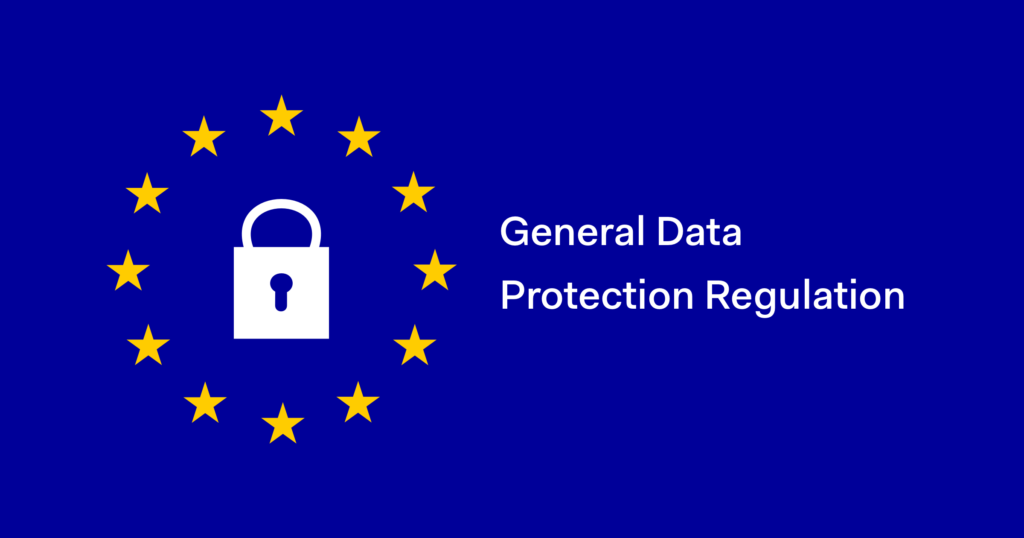
The Internet has drastically changed how we communicate and how we deal with our daily tasks. Everything happens digitally today. We send emails , share documents, pay bills and buy products online.
Have you ever wonder how much of your personal data is store on the Internet? And what happens with this information? We’re talking banking information, contact detail, address, social media post…even your IP address and the website you’ve visit are store digitally right to be forgotten help.
The companies explain to you that they collect this type of information in order to be able to offer you a better service, more targeted and relevant information and a better customer experience .
But is this data really use for this?
This is exactly the question the EU has been addressing. The answer is a new European General Data Protection Regulation ( GDPR ), which will come into force in May 2018 and will bring some changes to the collection, storage and use of customer data.
In this article, we explain what the GDPR is about and how it impacts your business. We also give you some practical tips on how to prepare for the GDPR today.
What is GDPR?
On May 25, 2018, a new European data protection regulation entitled ” General Data Protection Regulation ” (DSGVO English = GDPR) will come into force. This rule is implement in all local data protection law across the EU and EEA (European Economic Area). It applies to all companies that sell and store personal data about citizens in Europe, including companies on other continents. It offer EU and EEA citizen greater control over their personal data and ensure their information is securely protect across Europe.
According to the GDPR directive, personal data is information relating to an individual; for example, a name, photo, email address, bank details, posts on social networking sites, location details, medical information, or computer IP address.
There is no difference between personal data about people in their private, public or work role – the person is the person. Even a B2B setting is about individuals interacting and sharing information with and about each other. Customer in B2B market are obviously company, but the relationship that deal with business issue are made between people – or individuals help with right to be forgotten.
1. The right of access
This means that individual have the right to request access to their personal information and how their information is being use by a company after it collect. The company must provide a copy of the personal data upon request; free of charge and in electronic form.
2. The right to be forgot.
When individuals are no longer customers, or when they withdraw consent for a company to use their personal information, they have the right to have their information deleted.
3. The right to data portability
Individuals have the right to port their data from one service provider to another. And it has to be in a common and machine-readable format.
4. The right to be inform
This include all data collection from companies. Before collecting data, people must be notified. Consumers must opt-in to have their data collect and consent must be give, not imply.
5. The Right to Have Information Corrected
This guarantees that people may have their data updated if it is inaccurate, incomplete, or out of date
6. The right to restrict processing
Individuals can request that their data not be process. Your record can remain in place, but must not be use.
7. The contradiction
Individuals also have the right to request a halt to the processing of personal data for direct marketing purposes. There are no exception to this rule and all process must stop once the request is receive. In addition, this right must be made clear to individual at the beginning of any communication.
8. The right to be notified
In the event of a data breach affecting an individual’s personal information, the individual has the right to be notified within 72 hours of becoming aware of the breach.
GDPR is the EU’s ability to give individual, prospect, customer, entrepreneur and employee more control over their own data and give less power to the organization that collect and use that data Right to be Forgotten Meaning.


